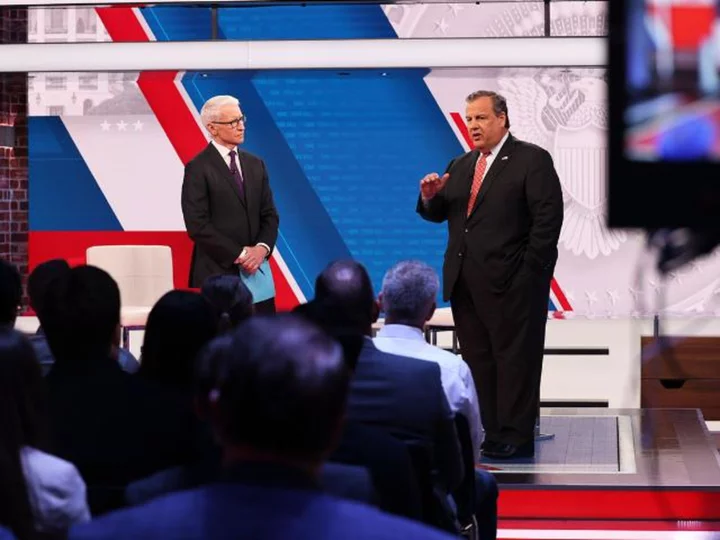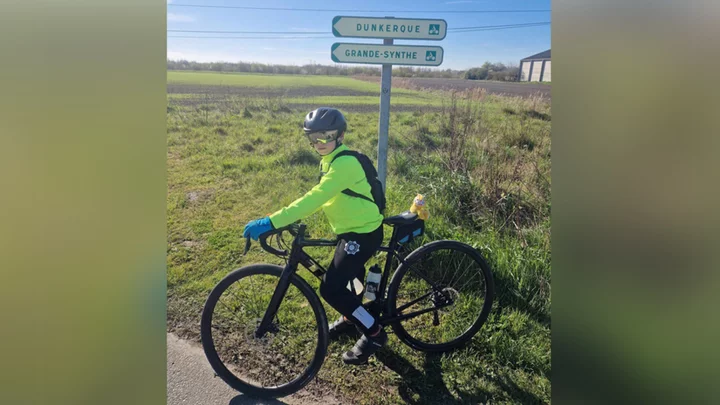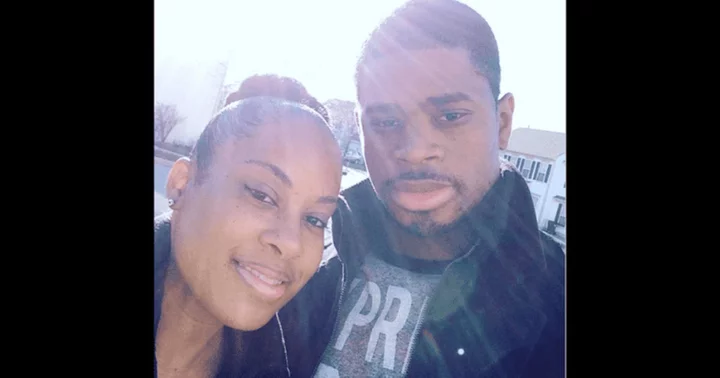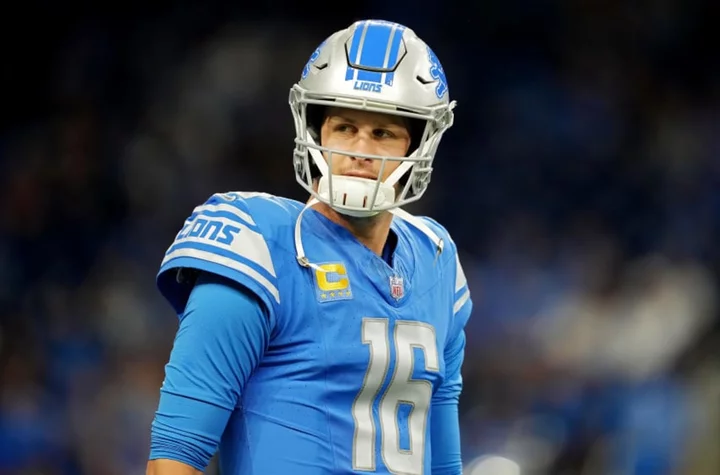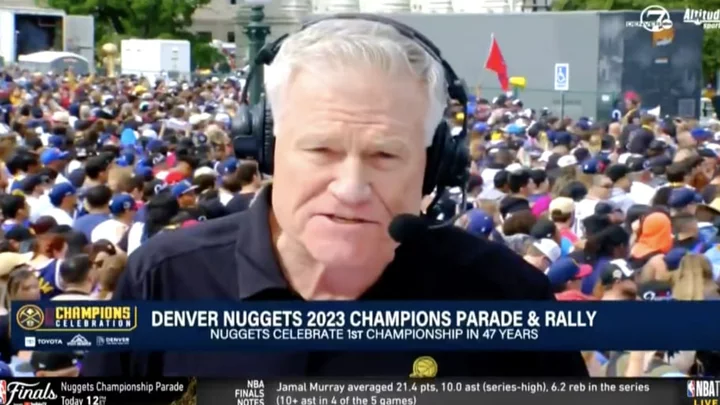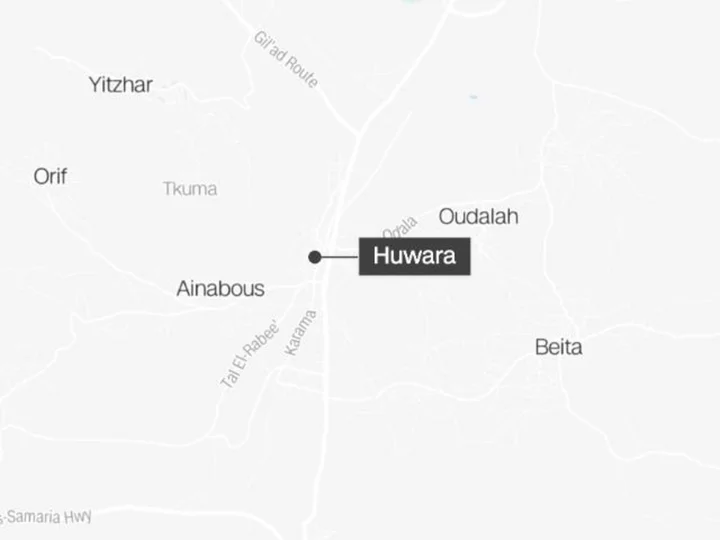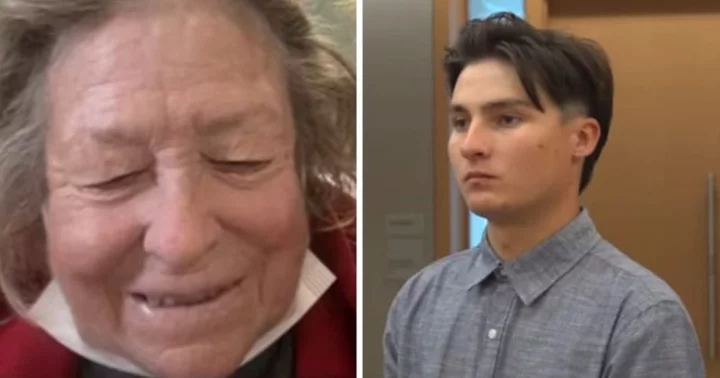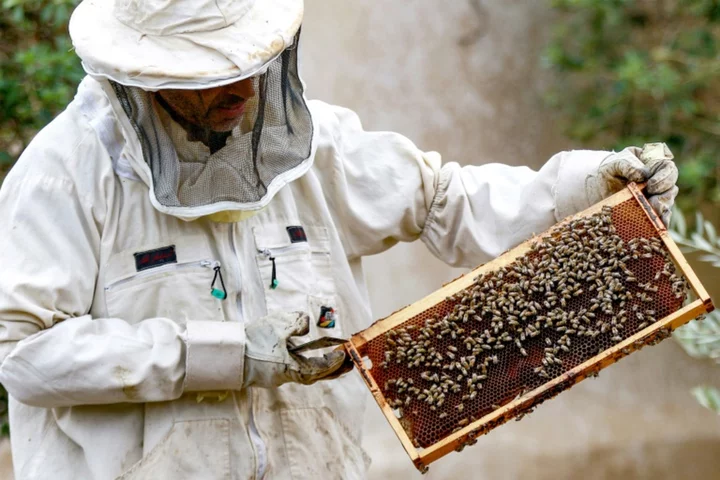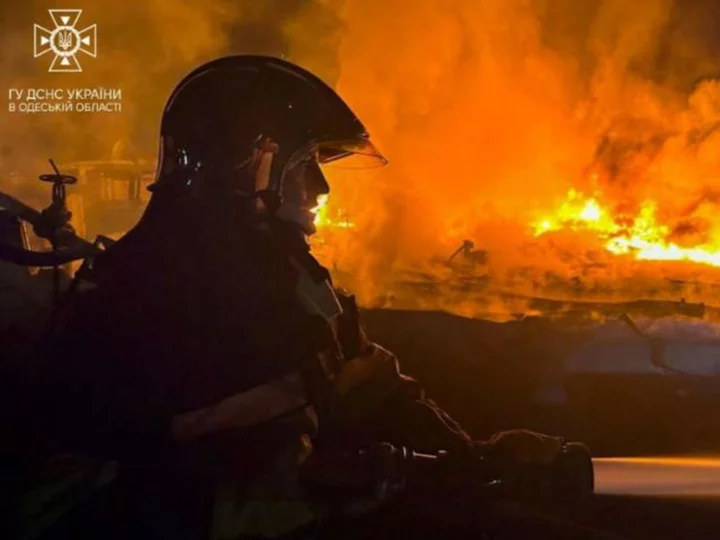Republican Chris Christie is hoping the second time's the charm when it comes to White House runs. The former New Jersey governor took part in a CNN town hall Monday night, less than a week after declaring his bid for the presidency.
History is not on Christie's side, however. To capture his party's nomination, he and a slew of other candidates competing in the GOP primary would need to register a comeback not seen in at least 50 years.
Let's start with the basics. Christie is averaging 1% in primary polls so far (including in a CBS News/YouGov poll released Sunday). He's not alone among the major Republican contenders polling south of 5% on average -- seven others also fit the description.
It's not unheard of for candidates polling below 5% (or even at 1%) at this point in the cycle to win their party's nomination. Democrats Jimmy Carter and Bill Clinton were barely registering in primary surveys at this stage in the 1976 and 1992 cycles, respectively.
The problem for Christie et al. lies with the two candidates polling above 5%: former President Donald Trump and Florida Gov. Ron DeSantis. Trump is polling in the mid-50s, while DeSantis is a distant second in the low 20s.
When candidates such as Carter and Clinton mounted their rise in the polls, the polling leader wasn't hitting 20%. There is no historical precedent for candidates down 50 points at this stage going on to win their party's nomination for president.
The biggest comeback in the modern primary era belongs to Democrat George McGovern in 1972. The South Dakota senator was at 4%, while Maine Sen. Ed Muskie was at 32% at this point in the cycle. McGovern's surprising strong finishes in Iowa and New Hampshire went on to catapult him to the nomination.
Beyond McGovern, no nonincumbent candidate has been down by over 20 points at this point and ended up the party nominee. The next closest to McGovern was Carter (who was down 18 points) and then Barack Obama, who trailed Hillary Clinton by an average of 15 points in polls taken between January and June 2007.
(Carter, as the incumbent in the 1980 cycle, made a 15-point comeback, as well, against Massachusetts Sen. Ted Kennedy.)
The point here is that it would take something toward the upper end of the historical range of comebacks for the candidates like Christie to even get into second place, past DeSantis.
Even if we expand our search to near-misses for their party nominations, the story is the same. Democrat Gary Hart was down 31 points in the early surveys to former Vice President Walter Mondale in the 1984 cycle. The Colorado senator fought Mondale to the last primary but was ultimately unsuccessful.
What's different this time
The one thing all the non-Trump candidates have going for them is past sample sizes. Not counting this year's GOP primary, we're looking at fewer than 20 primaries without an incumbent since 1972, the first year that voters, not party bosses, chose the nominees.
We've never once had a primary front-runner under two indictments like Trump. We've also never had the leading candidate be a former president, again like Trump.
Something strange could happen this year, given the circumstances. I'm just not sure Christie would be the beneficiary of such an ahistorical event.
Why?
His unfavorable rating averages 44% among Republican voters in recent polling. His favorability is closer to 20%. There have been candidates with similar favorable ratings at this juncture who went on to win the nomination -- but that's often because they also had low name recognition early in the campaign.
There has only been one Republican to win his party nod (or at all) with as low unfavorable ratings as Christie in the early surveys: Trump in 2015. No other Republican contender, win or lose, has had early unfavorable numbers as high as Trump did that year.
Christie, though, differs from the former president in a key way when it comes to polling: Trump's bad numbers came before he entered the race in June 2015. Upon officially declaring his bid, he jumped into the double digits in the Republican horserace and saw his unfavorable ratings decline.
The one poll taken since Christie entered the 2024 contest was the aforementioned CBS News/YouGov poll. He garnered 1% when matched up against other Republicans, with 79% of likely primary voters saying they weren't even considering him -- the highest for any candidate in the entire poll.
Chances are that if Christie is remembered for this race, it won't be because he won it.

